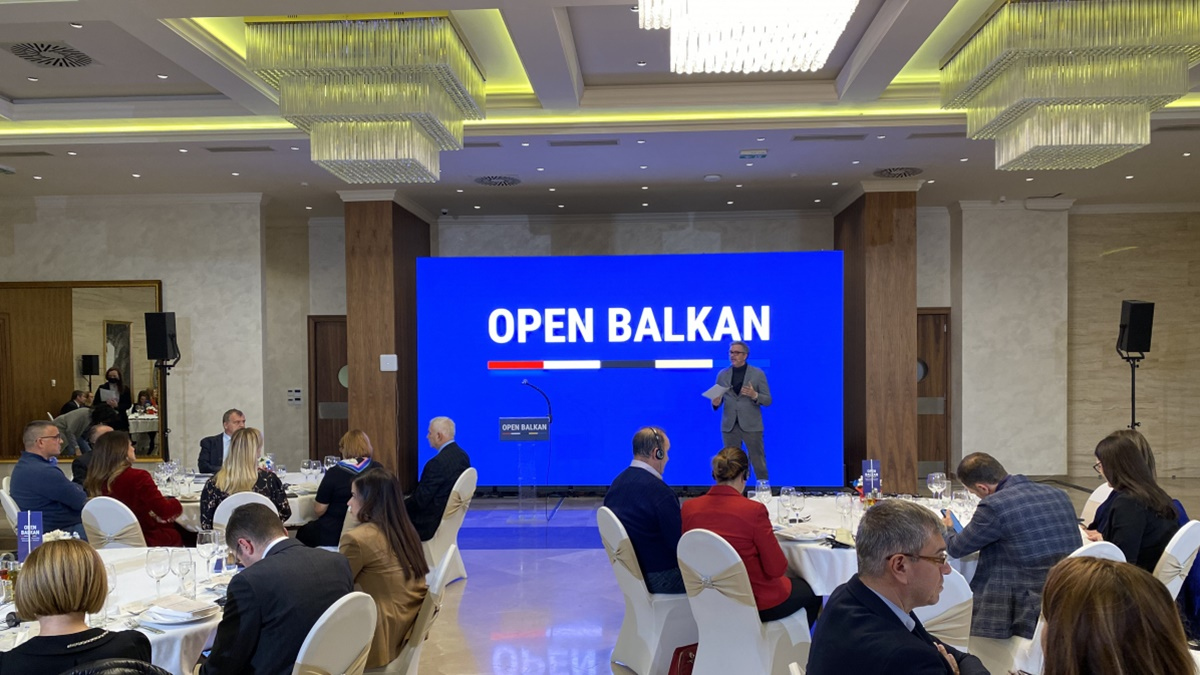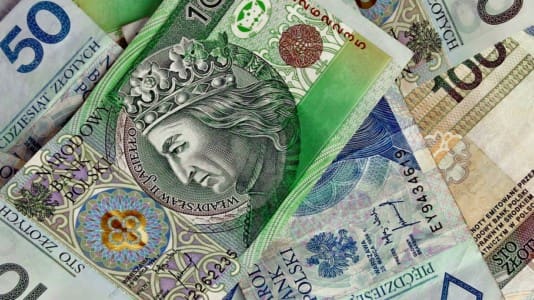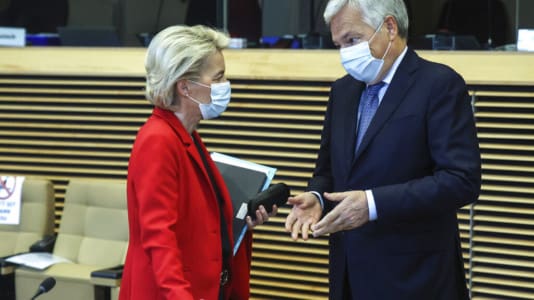The relevant ministries of Serbia, Albania, and North Macedonia are working on establishing a free-trade zone modeled on the European Union’s Schengen zone, Serbian media reported.
Representatives of the Ministries of Finance, Labor, and Agriculture of the countries involved recently discussed in Nis, Serbia, how they could ease goods transports across the borders of Serbia, Albania, and Northern Macedonia with a shorter administrative procedure.
The negotiators pointed out that “above all, they need mutual trust and recognition of the validity of certificates issued by the states concerned, and they must coordinate the work of the control and customs authorities.”
The consultation also raised the possibility of issuing work permits that allow citizens of the three countries to work in any one of the three countries without difficulty, while the labor market would not see them as foreigners but as citizens of a single area.
Marko Čadež, president of the Serbian Chamber of Commerce, also pointed out that the possibility of a single ID number had been raised, which would help not only speed up trade but also open up cheaper flights for businesses and citizens who sign up for it. they can expect tolls or discounts on rail transport, for example.
In order for these ideas to materialize until the Tirana summit of Balkans leaders in late December and early January, working groups have been formed from representatives of the three countries. The groups are working to develop the conditions for the free movement of exports, imports, free trade in goods, agriculture, food and industrial products, to formulate labor market needs and to prepare a unified database and information system for citizens of the countries participating in the Open Balkans Initiative.
This time, customs control procedures and customs procedures for goods were compared, and economic parameters were discussed, as well as ways to reduce administrative burdens for better and faster trade in goods.





